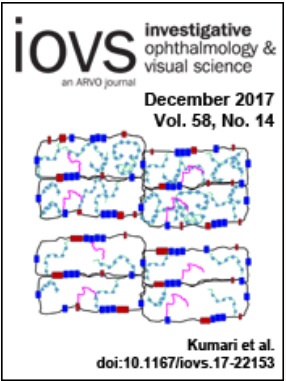Purpose:
Individuals with developmental dyslexia suffer not only from reading problems as more general motor deficits can also be observed in this patient group. Both psychometric clinical tests and objective eyetracking methods suggest that unstable binocular fixation may contribute to reading problems. Because binocular instability may cause poor eye-hand coordination and impair motor control, the primary aim of this study was to explore in dyslexic subjects the influence of unstable binocular fixation on reaction times (RTs) and implicit motor learning (IML), which is one of the fundamental cerebellar functions.
Methods:
Fixation disparity (FD) and instability of FD were assessed subjectively using the Wesson card and a modified Mallett test. A modified version of the Serial Reaction Time Task (SRTT) was used to measure the RTs and IML skills. The results for the dyslexic group (DG), which included 29 adult subjects (15 were tested binocularly, DGbin; 14 were tested monocularly, DGmono), were compared with data from the control group (CG), which consisted of 30 age-matched nondyslexic subjects (15 tested binocularly, CGbin; and the other 15 tested monocularly, CGmono).
Results:
The results indicated that the DG showed poorer binocular stability and longer RTs in the groups tested binocularly (RTs: 534 vs. 411 ms for DGbin and CGbin, respectively; P < 0.001) as compared with the groups examined monocularly (RTs: 431 vs. 424 ms for DGmono and CGmono, respectively; P = 0.996). The DG also exhibited impaired IML when compared with the CG (EFIML: 25 vs. 50 ms for DG and CG, respectively; P = 0.012).
Conclusions:
Unstable binocularity in dyslexia may affect RTs but was not related to poor IML skills. Impaired IML in dyslexia was independent of the viewing conditions (monocular versus binocular) and may be related to cerebellar deficits.

